While maintaining your lawn—keeping it lush and healthy—there are many mistakes you could make that put all your efforts to waste. Here are a few such mistakes you need to avoid at all costs if you want your grass to always stay green.
Overwatering
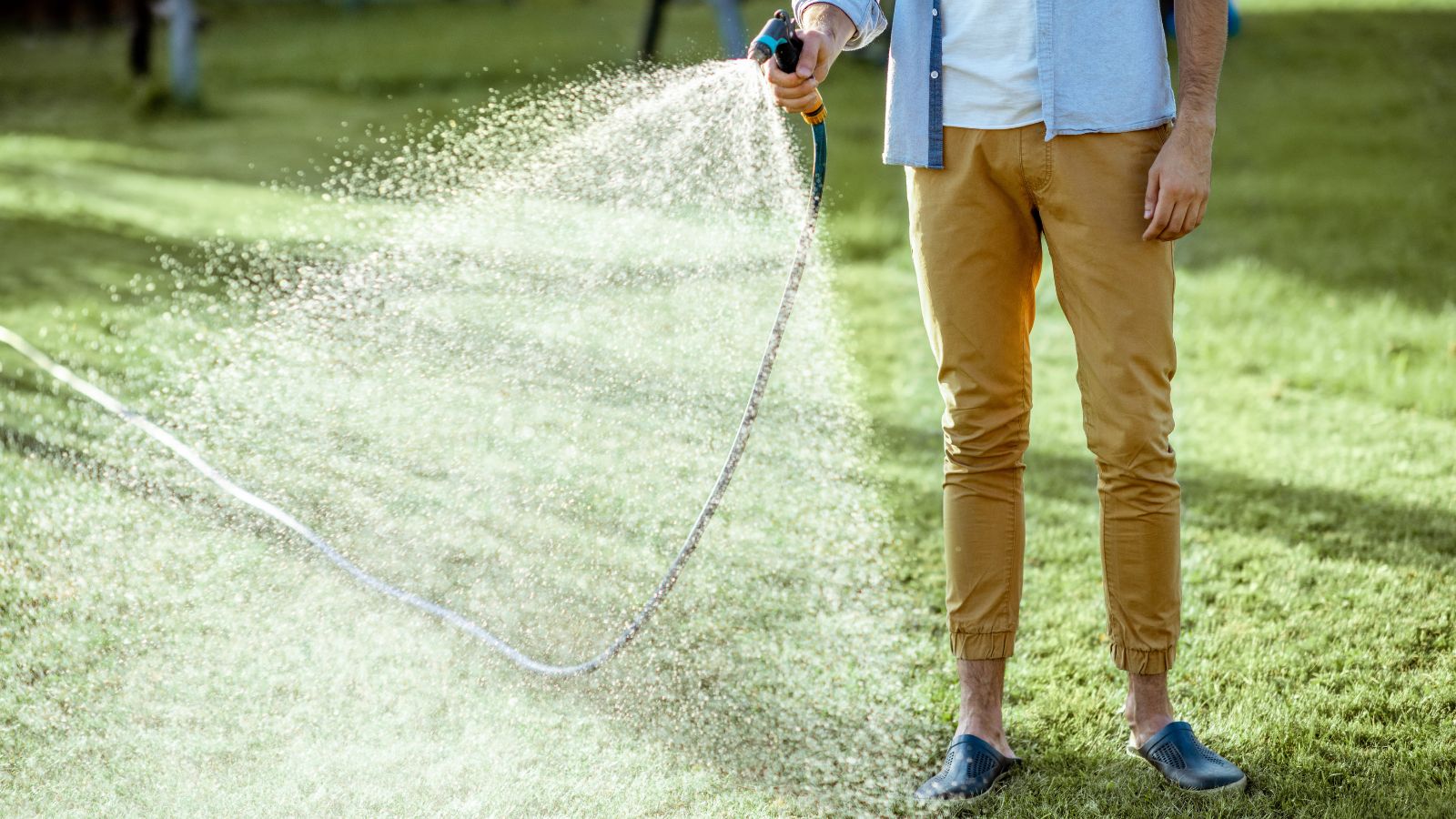
Water is necessary for your grass to grow, but using too much of it can drown your lawn, wash out the soil, and make your plants have shallow roots. Excess moisture in your lawn can also lead to the growth and rapid spread of harmful fungi, and with your grass battered, it’s easier for insects and other diseases to thrive.
Mowing Too Short
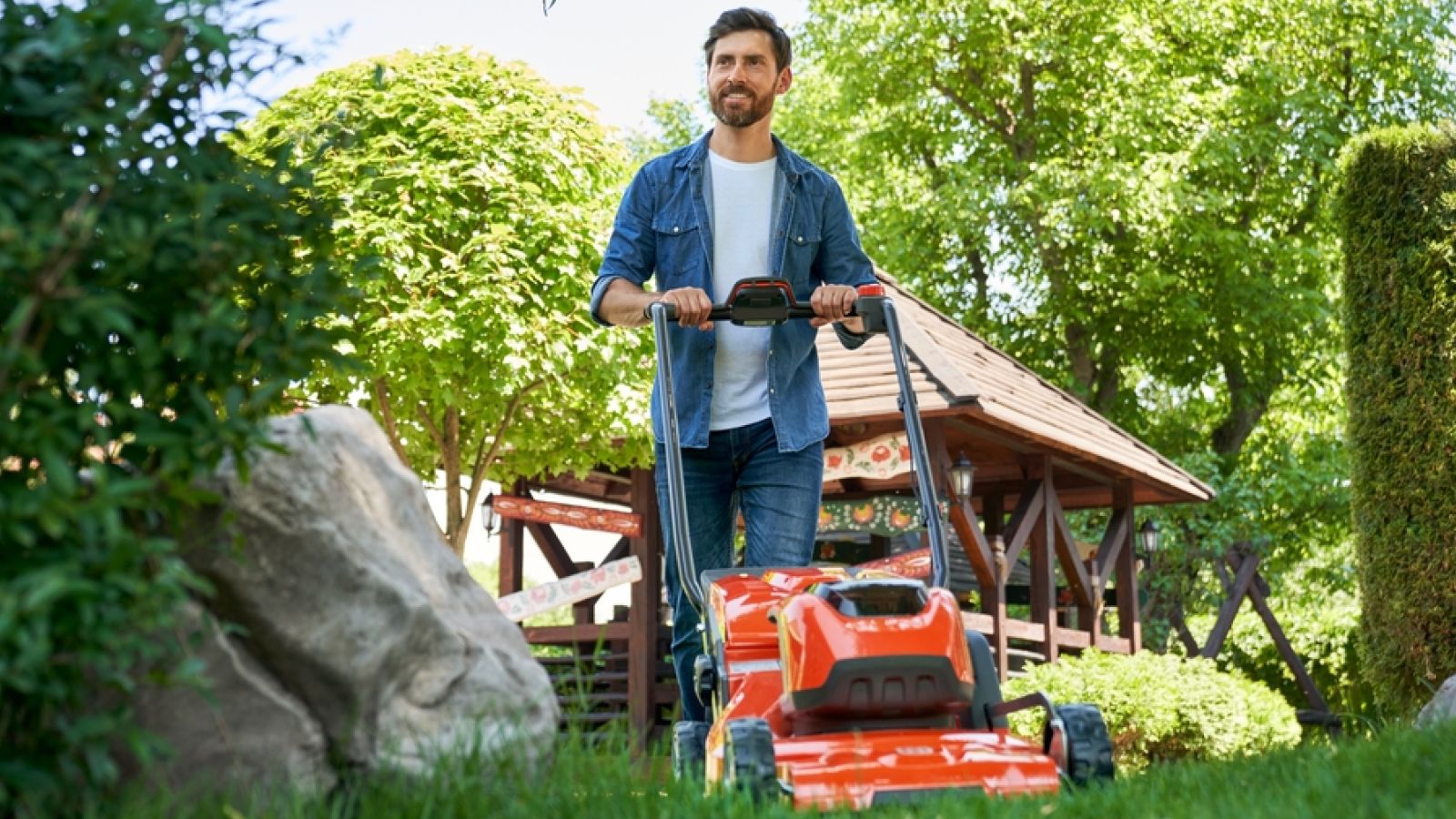
According to The Spruce, the most common lawn-care mistake is cutting grass too short. Not only does this affect your lawn’s appearance, but you also stress it out and limit the grass’s ability to photosynthesize. Ideally, to avoid slowly killing it, you should only cut your lawn to be 3–3.5 inches in length.
Dull Mower Blades
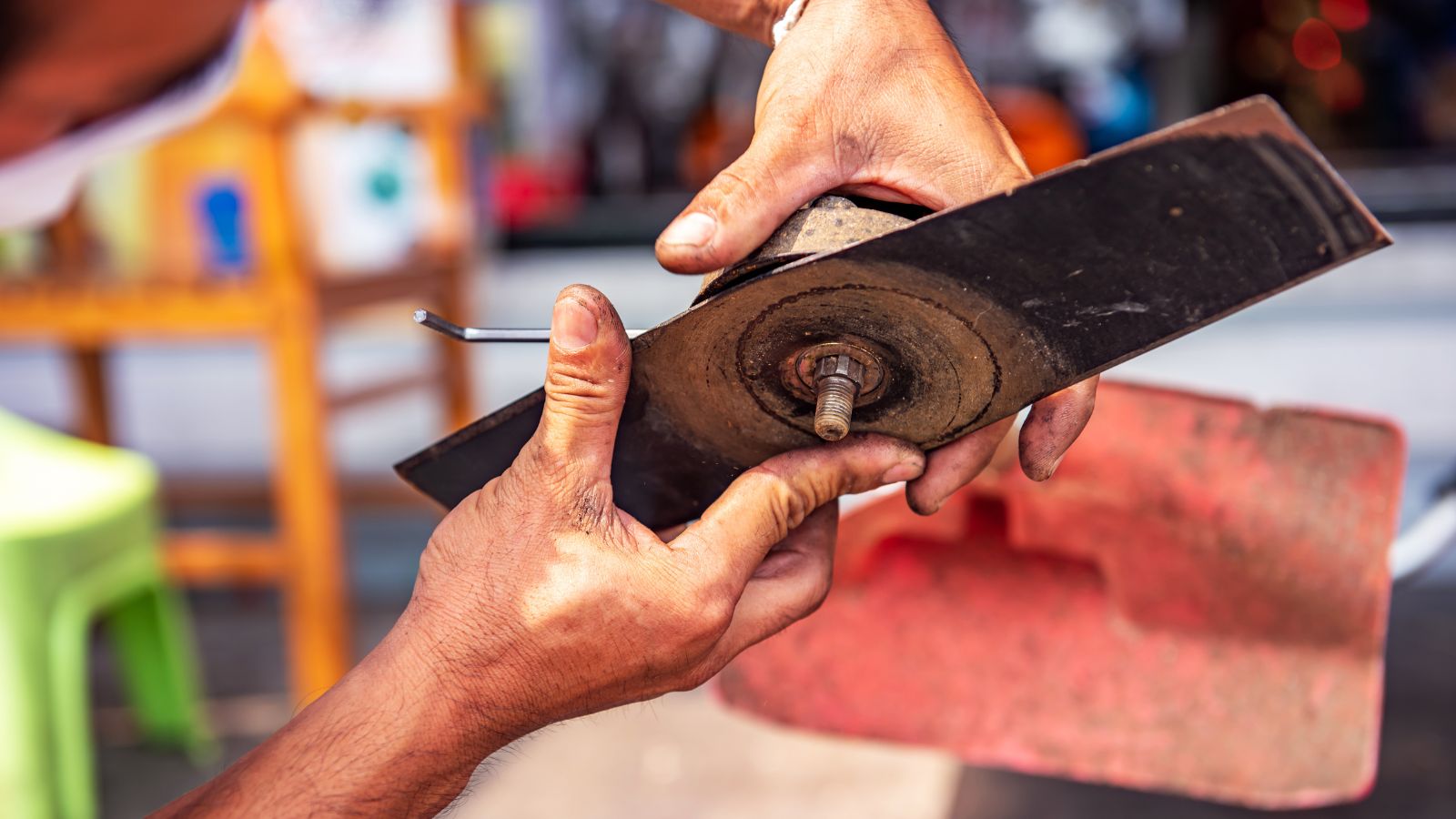
Always use sharpened blades when mowing your lawn, and there are simple reasons for this. The University of Maryland explains that dull mowers tear grasses instead of cutting them, and they leave your lawn looking ragged and more susceptible to diseases. Sharpen your mower blades at least once a year to make your grass look healthier.
Fertilizing Excessively
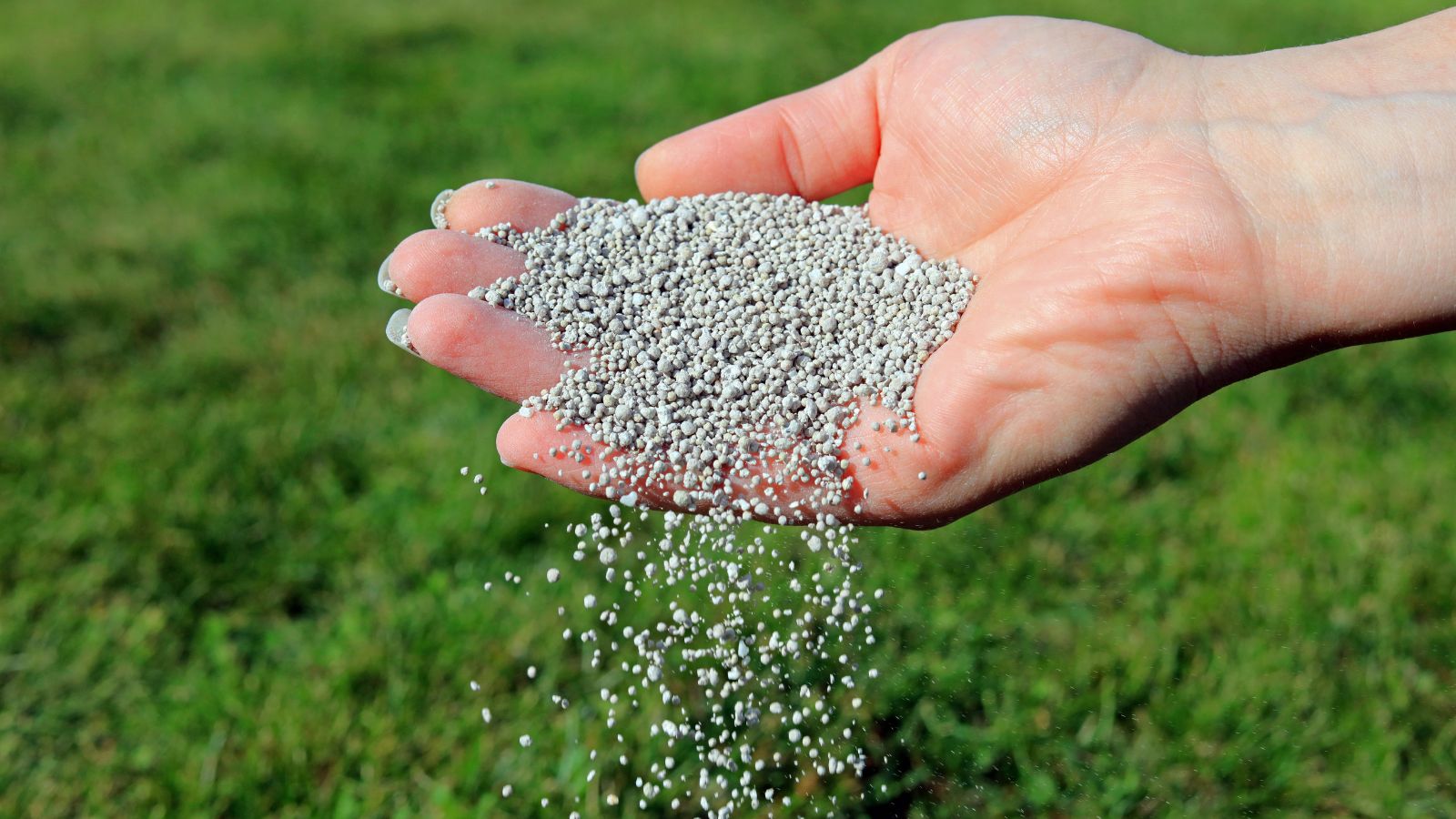
Over-applying fertilizer can burn your grass or lead to excessive growth that the roots can’t support. This not only wastes product but can also harm your lawn and the environment by causing nutrient runoff. Use the right amount based on your grass type and local climate, and avoid fertilizing before heavy rain to prevent runoff and groundwater contamination.
Ignoring Soil Health
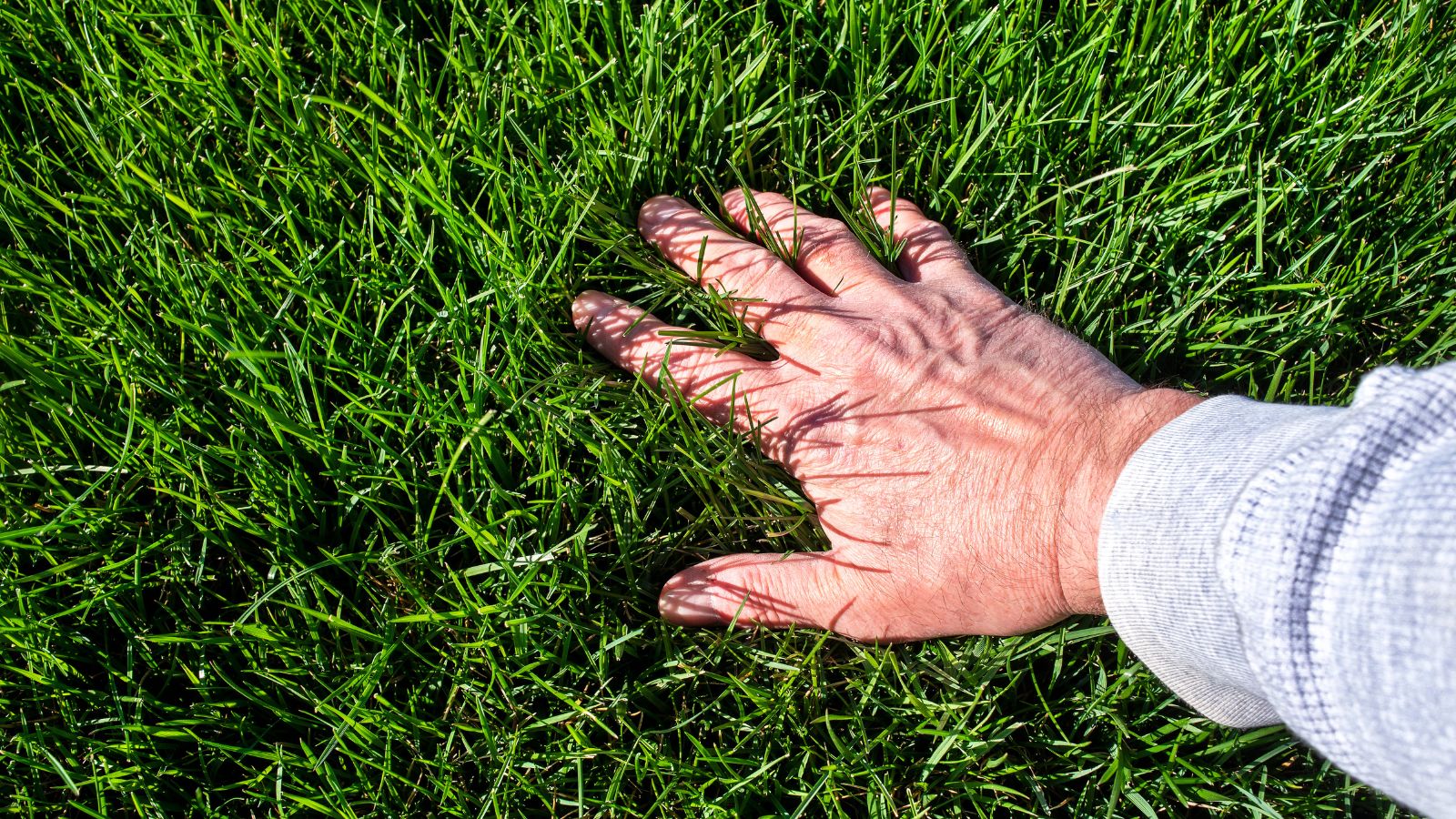
Neglecting soil health can undermine all your lawn care efforts. For instance, compacted or nutrient-poor soil prevents roots from growing deep and accessing essential nutrients, leading to weak and sparse grass. You should aerate your lawn annually and amend the soil with organic matter to promote robust grass growth and improve soil structure.
Ignoring Mulching
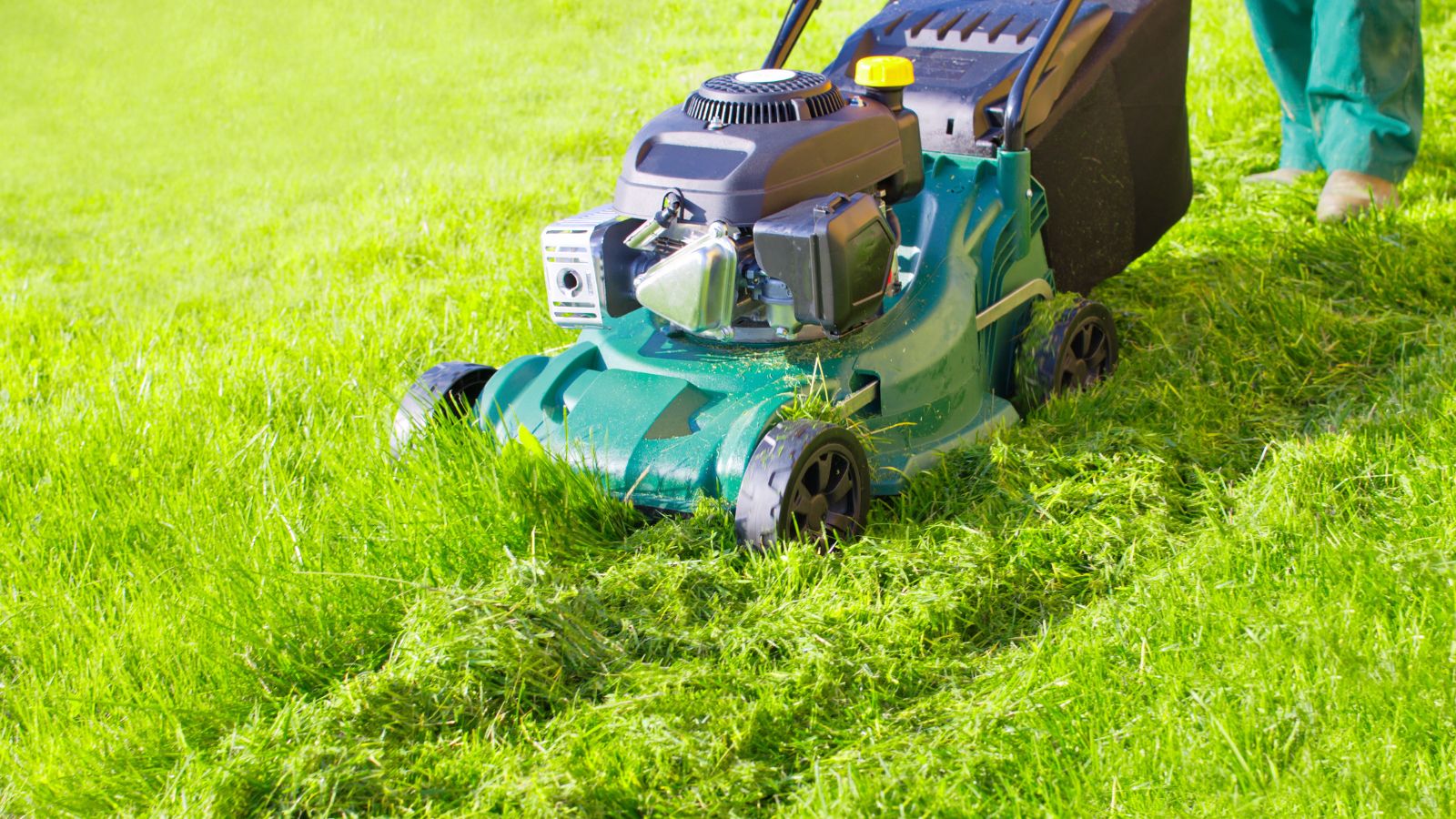
Leaving grass clippings on the lawn after mowing can be highly beneficial. Mulching helps return nutrients to the soil and retain moisture, which promotes healthier growth and reduces the need for additional fertilizers. Use a mulching mower or rake clippings into the lawn to take advantage of this natural fertilizer and reduce yard waste.
Letting Weeds Take Over
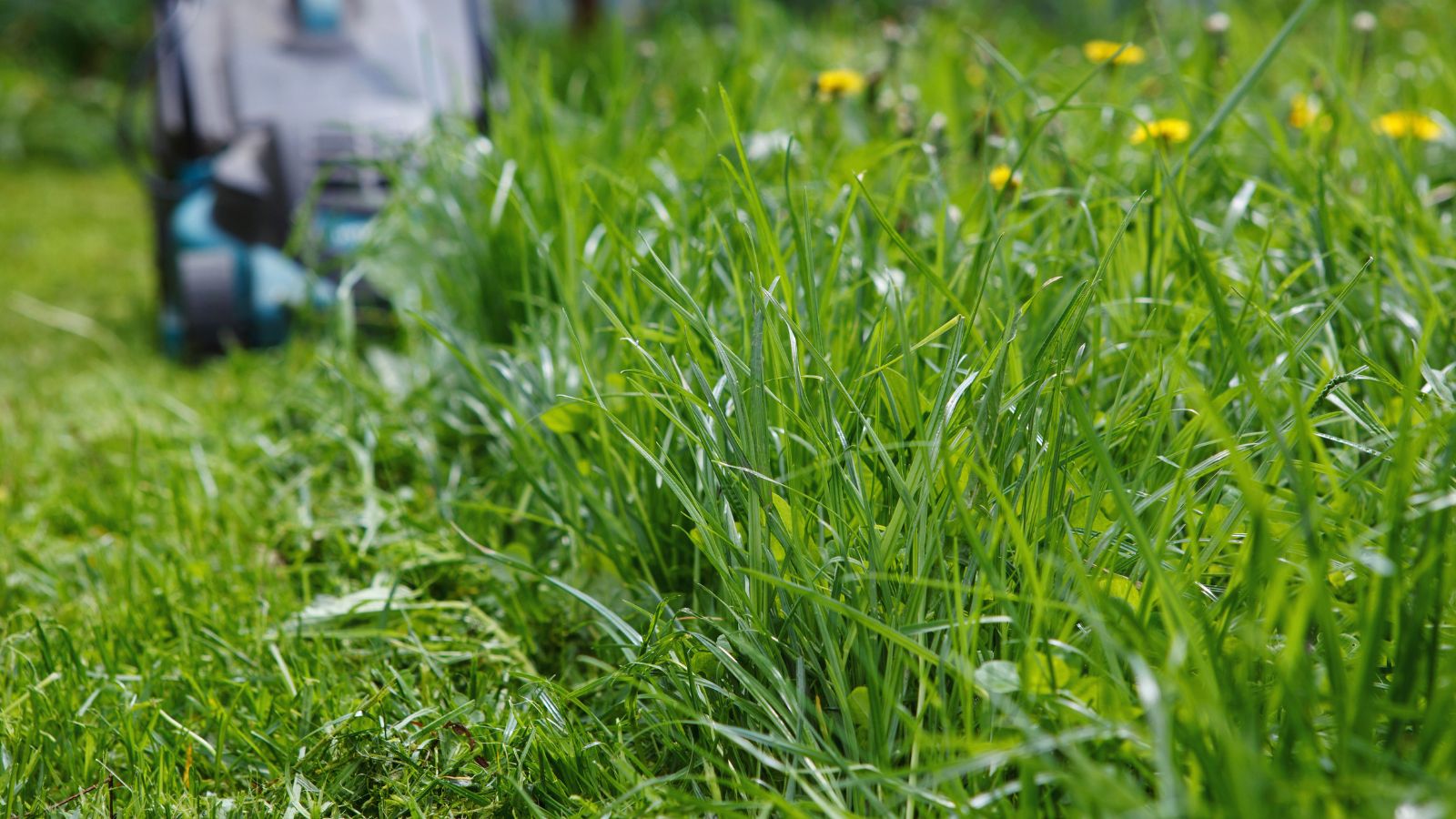
Weeds compete for water, nutrients, and sunlight, making it harder for your lawn to thrive and leading to bare patches. Hence, allowing weeds to spread can choke out your grass and make it less attractive. It’s best to remove weeds by hand or use appropriate herbicides to keep them under control and maintain a healthy lawn that looks uniform.
Neglecting Pest Control
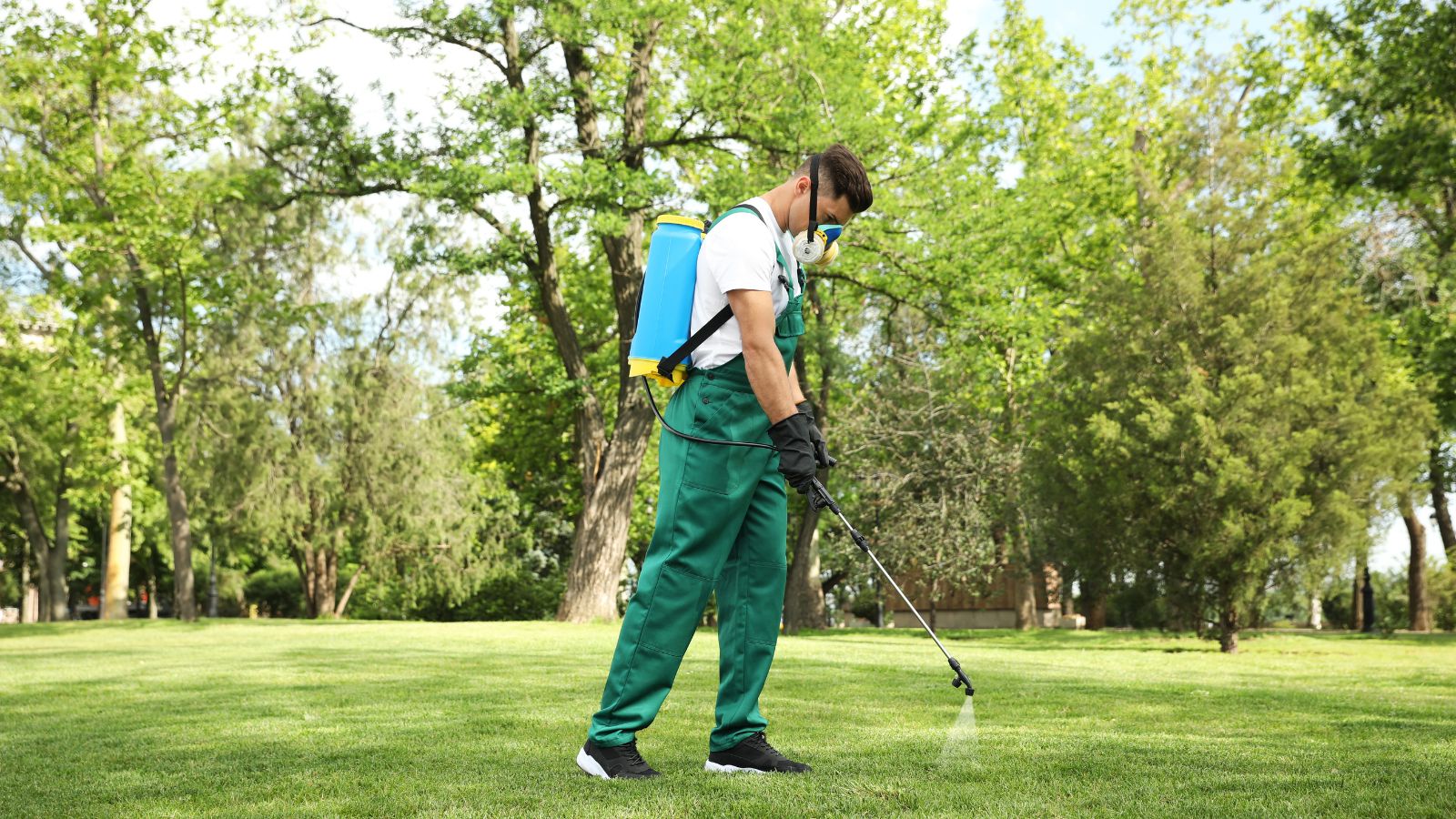
Ignoring pests can lead to serious damage that may be expensive to repair. Insects like grubs and chinch bugs can destroy grass roots, leave brown patches, and weaken your lawn’s overall health. Inspect your lawn for signs of pests and use natural or chemical treatments as needed to protect your grass from infestations and long-term damage.
Compacting the Soil
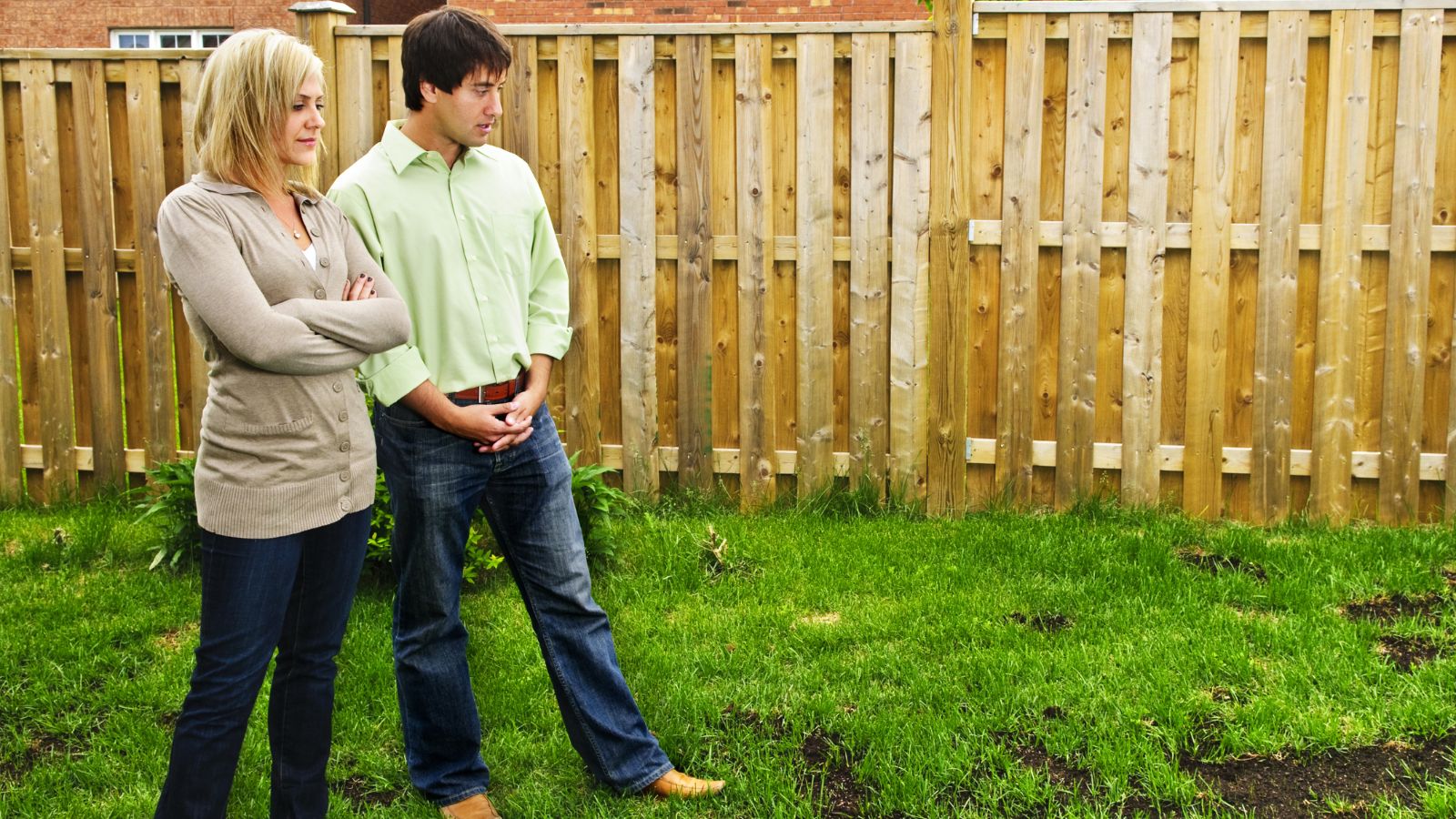
Heavy foot traffic or machinery can compact soil, which limits root growth and reduces water infiltration. Compacted soil also restricts water and nutrient absorption, leading to weak and unhealthy grass. Aerate your lawn annually to relieve compaction and promote better soil health and root development.
Forgetting to Test the Soil
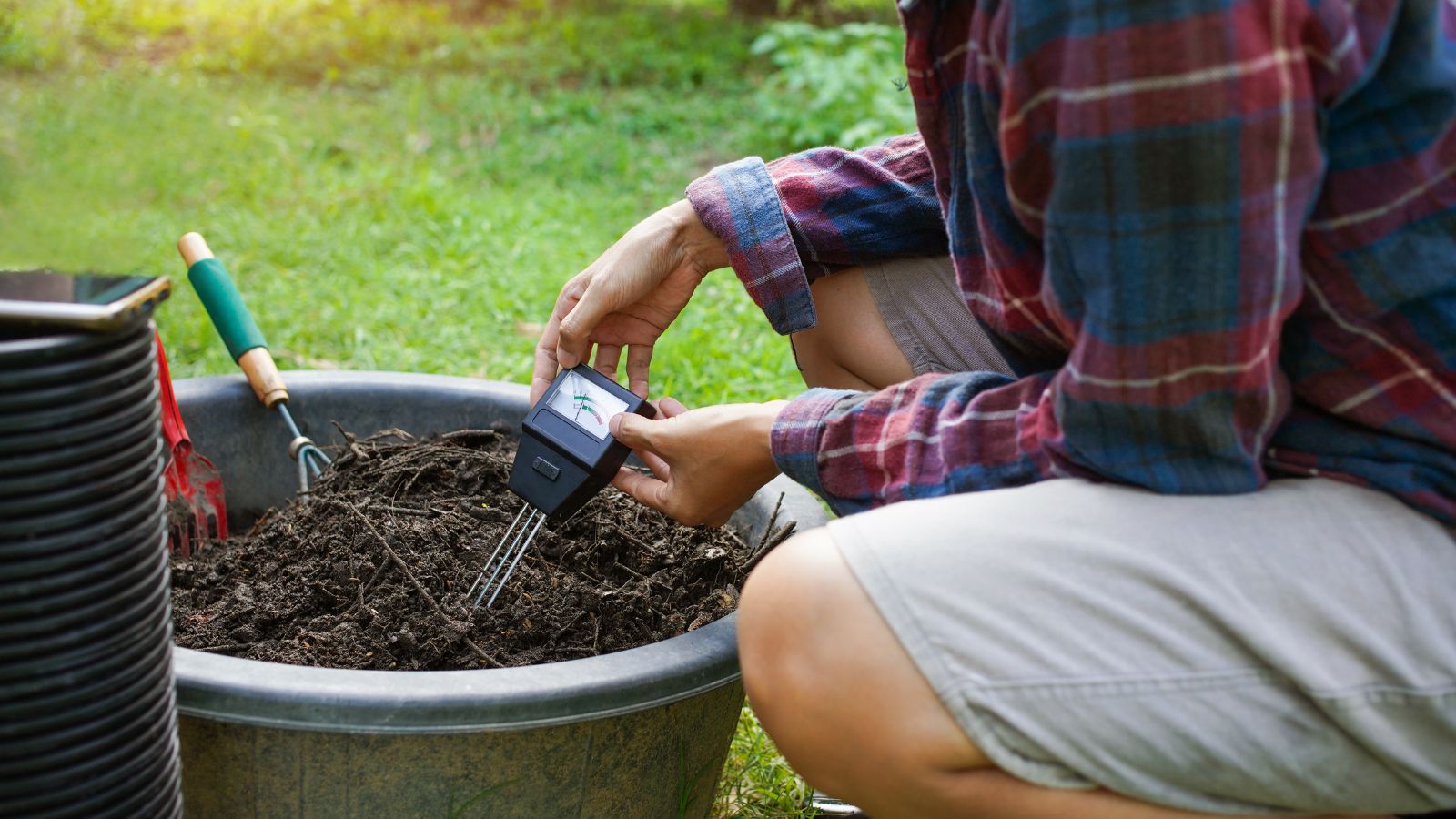
When you don’t test your soil, you could potentially deal with improper fertilization and nutrient imbalances. Soil tests provide valuable information about pH levels and nutrient deficiencies, helping you tailor your lawn care practices effectively. Conduct a soil test every few years to tailor your lawn care practices to your soil’s specific needs, ensuring optimal grass health and growth.
Watering at the Wrong Time
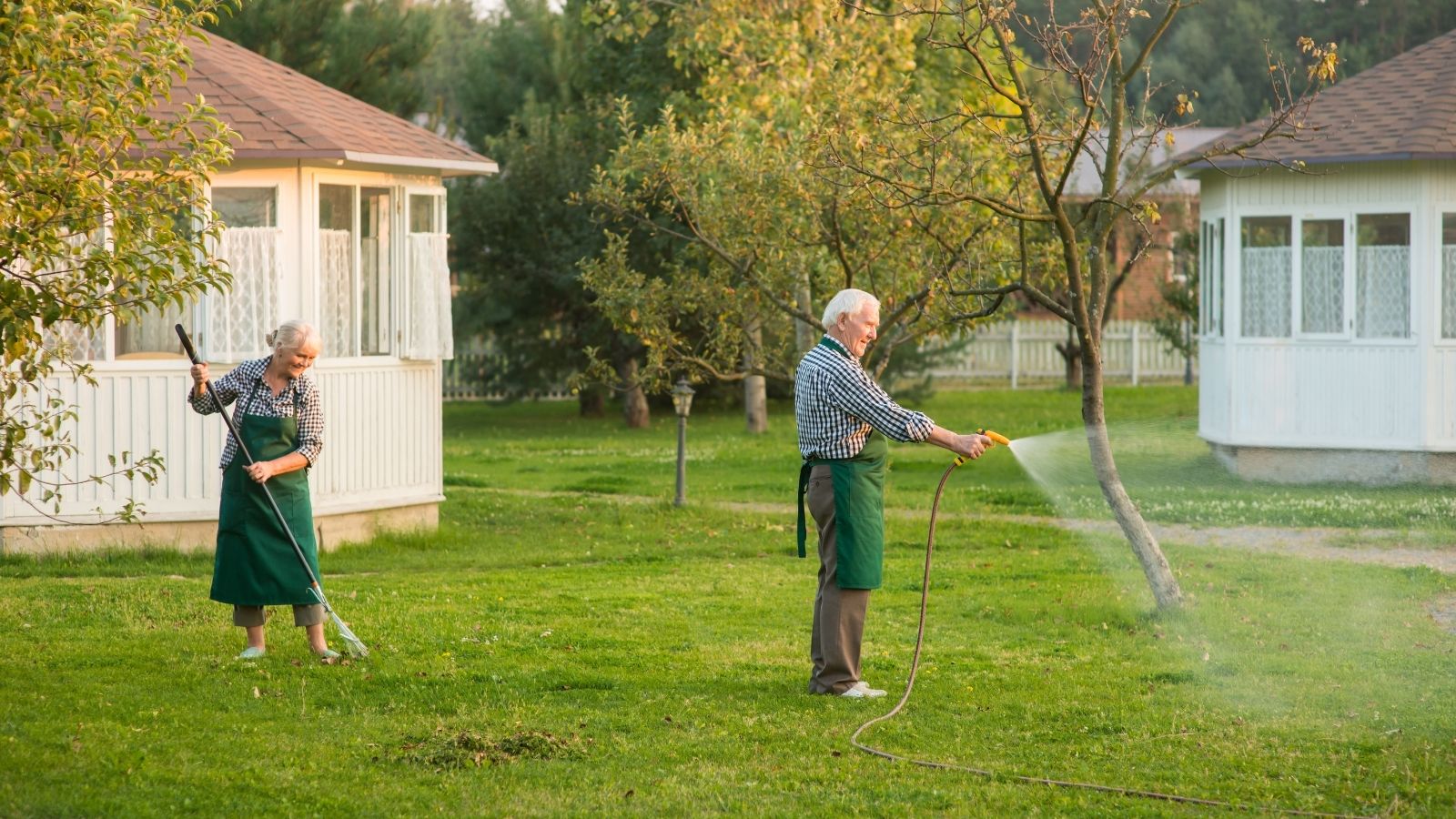
Watering during the heat of the day can cause rapid evaporation, meaning your lawn doesn’t get the moisture it needs. Because of this, early morning or late evening watering is more effective, as it allows water to soak into the soil. This practice conserves water and ensures your lawn gets the moisture it needs for healthy growth.
Ignoring Shade

Grass in shaded areas needs different care to thrive. Shade-tolerant grass varieties and less frequent mowing are essential in low-light areas to maintain healthy growth. Address shade by pruning trees, or you can simply consider alternative ground covers that thrive in the absence of direct sunlight.
Overusing Pesticides
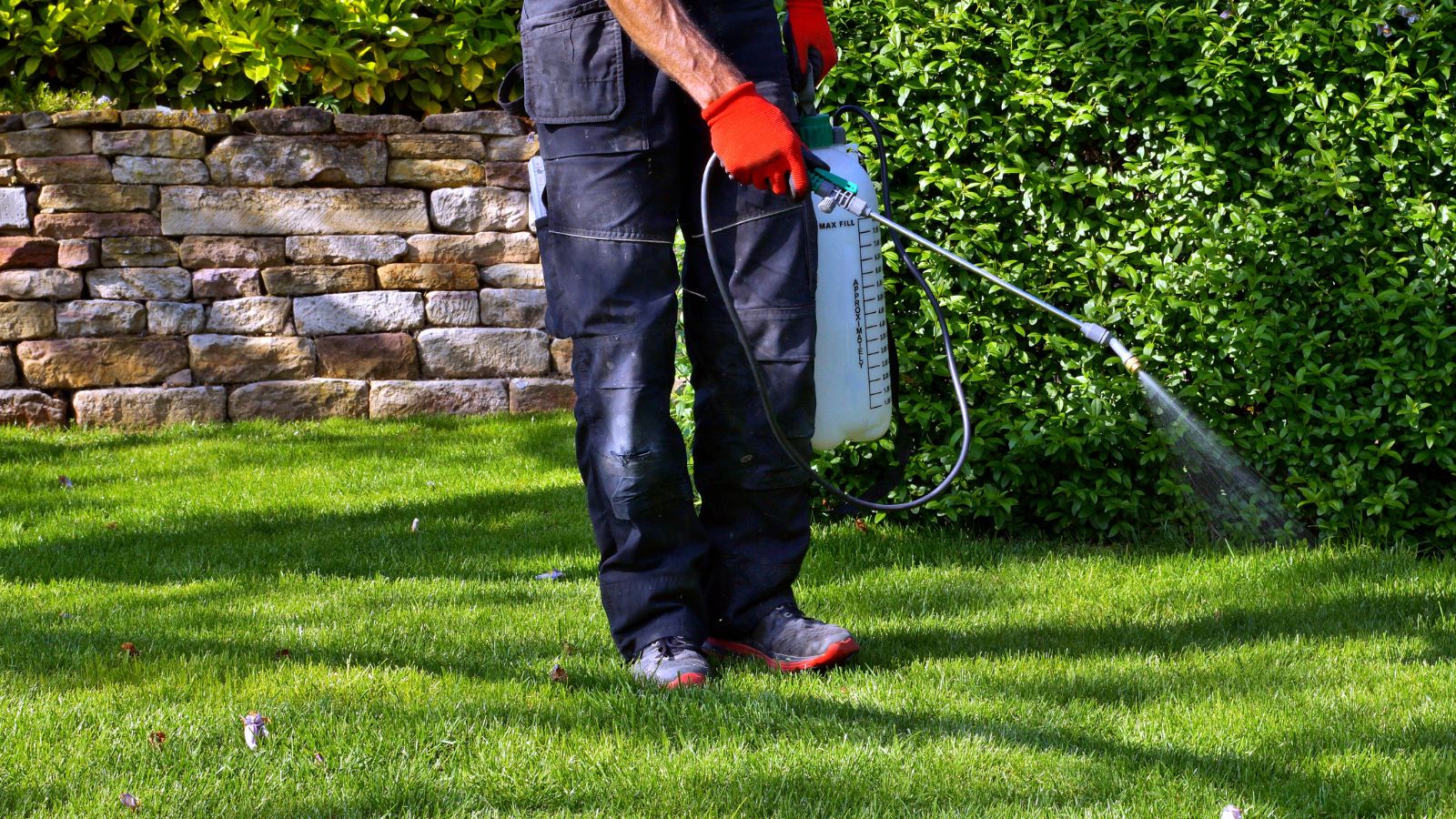
Like the CGA shares, excessive pesticide use can harm beneficial insects and the environment, leading to long-term ecological imbalances. Targeted pest control methods and integrated pest management strategies can be more effective and less harmful to your lawn and surrounding ecosystems. Apply pesticides only when necessary and follow label instructions to minimize negative impacts on your lawn.
Using Too Much Herbicide
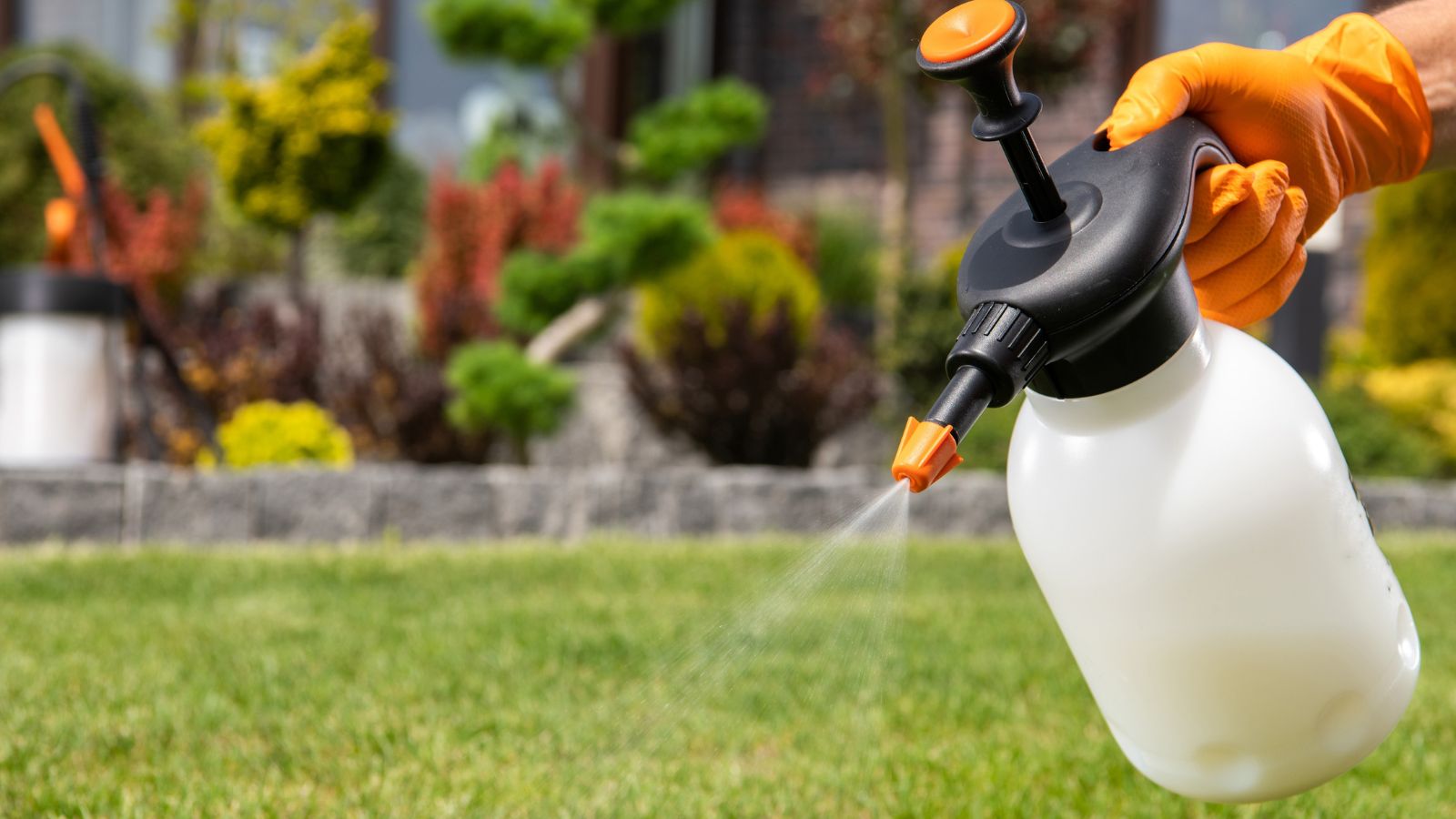
Herbicides are meant to control weeds but can harm your lawn if misapplied. But overusing them can damage your grass and other plants, leading to bare patches and unhealthy soil. Apply herbicides sparingly and precisely, targeting only the areas that need treatment, to avoid unnecessary damage and maintain a healthy lawn ecosystem.
Planting the Wrong Grass
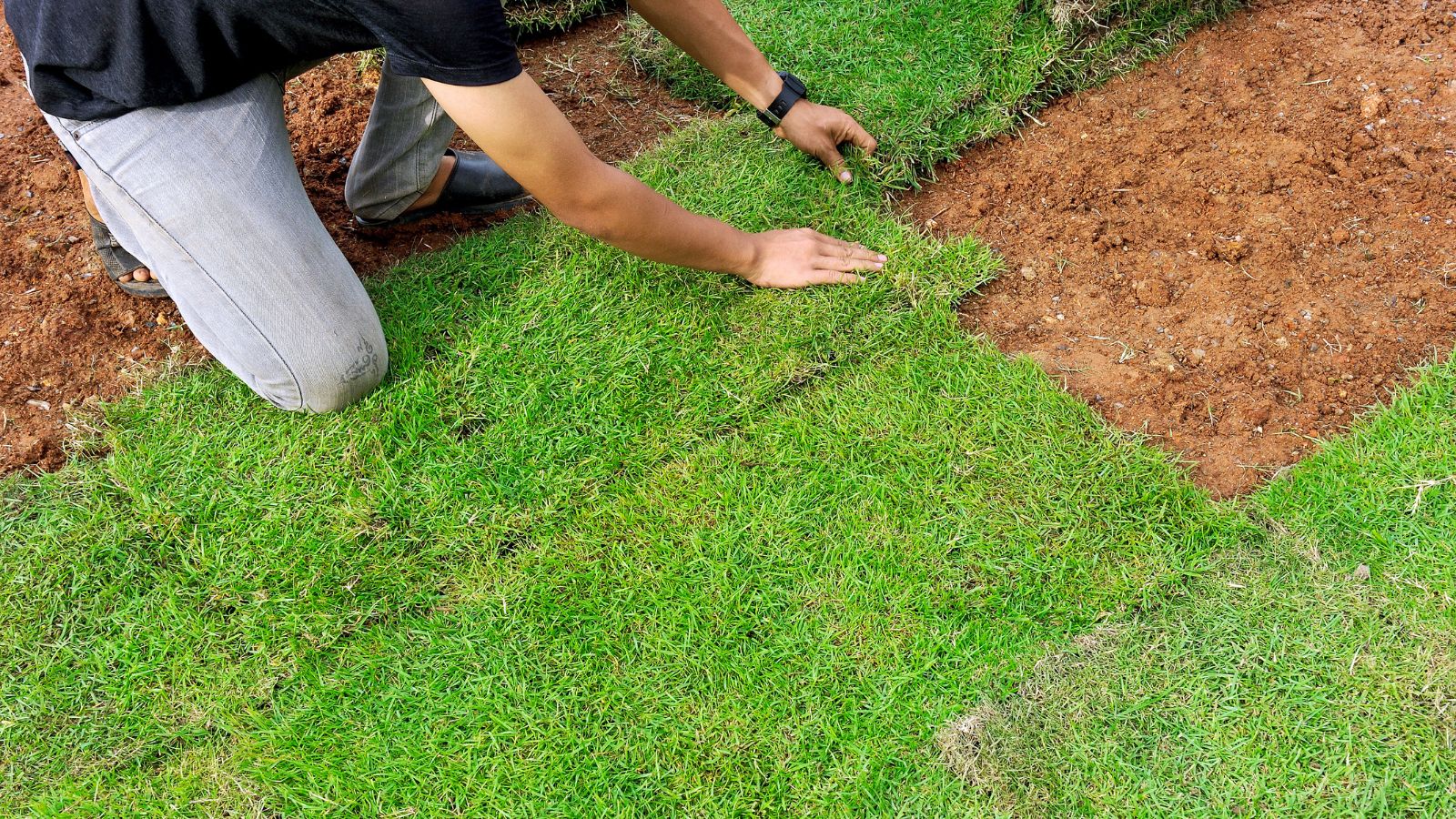
Choosing the wrong grass type for your climate and soil can lead to poor lawn performance and increased maintenance. Different grass species have varying requirements for sunlight, water, and soil conditions, making it essential to select the right type. Choose a grass type suited to your region so that you have a lawn that thrives with minimal intervention.
Skipping Overseeding
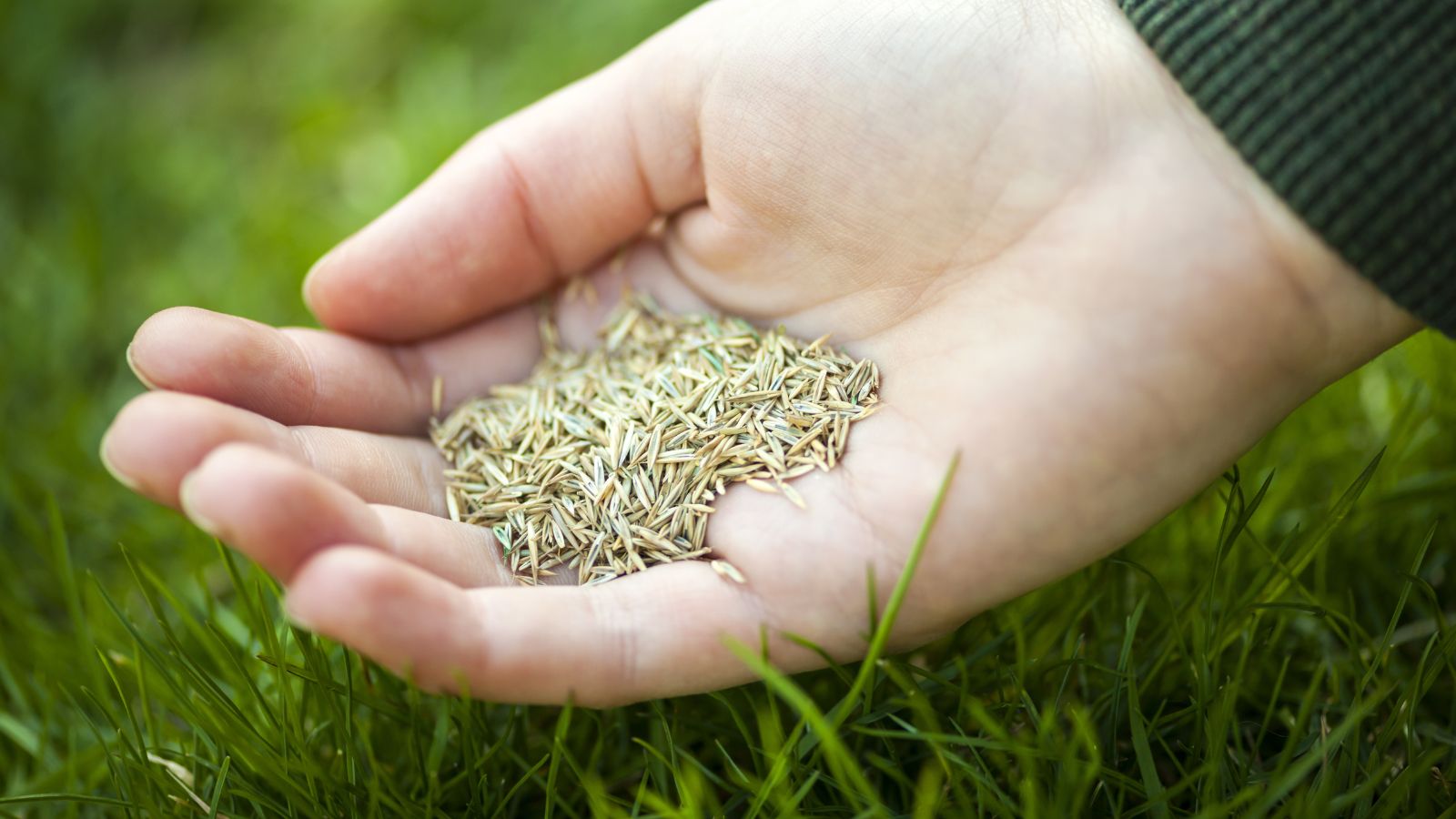
Failing to overseed your yard can result in a thin, patchy lawn that is more susceptible to weeds and erosion. Overseeding helps fill in bare spots and improve grass density, enhancing the overall appearance of your lawn. Spread compatible grass seed regularly to maintain a thick, lush turf that can withstand environmental stresses.
Using Inappropriate Tools
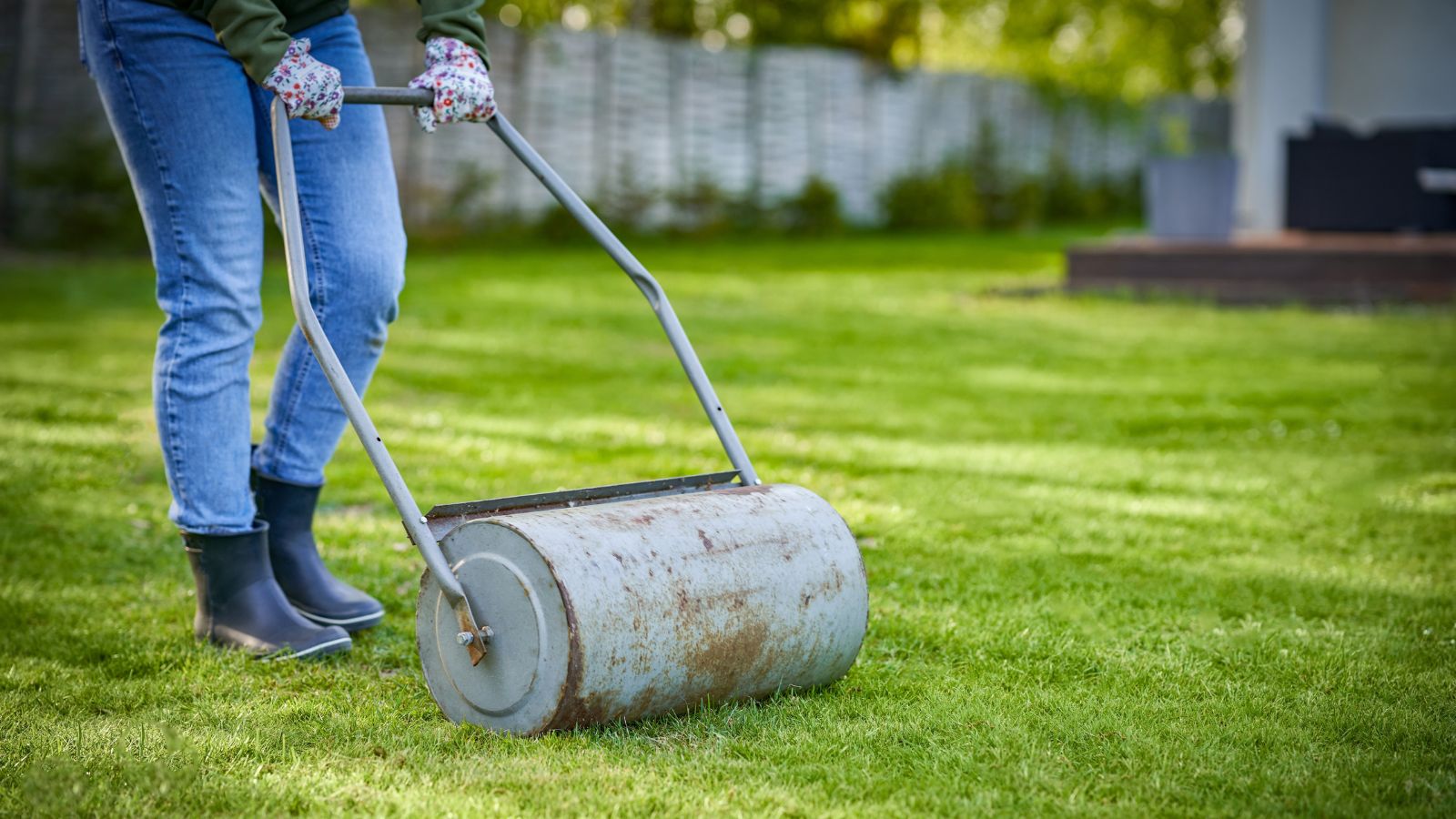
Using the wrong tools can damage your lawn, making maintenance more difficult and less effective. For example, a heavy lawn roller can compact soil, while dull shears can tear grass blades, leading to ragged edges. Invest in the right tools for your lawn care tasks and maintain them properly to ensure effective and safe lawn maintenance.
Allowing Thatch Buildup
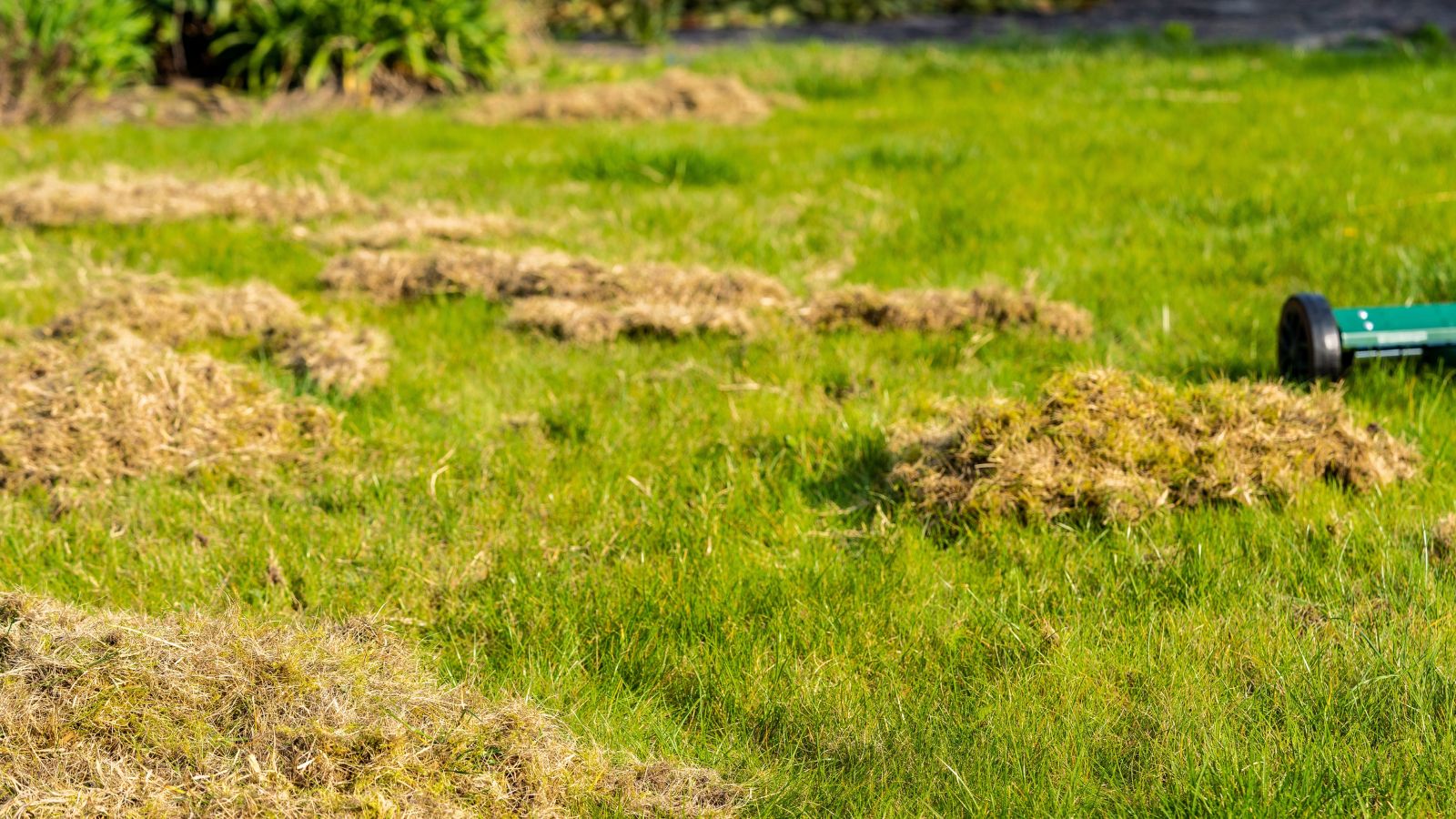
Thatch is a layer of organic matter that builds up between grass and soil, creating a barrier that hinders growth. Excessive thatch can prevent water, nutrients, and air from reaching the soil, leading to weak and unhealthy grass. Pennsylvania State University also tells us that your lawn eventually harbors large amounts of organisms and insects, increasing your pest problems.
Neglecting Lawn Edges
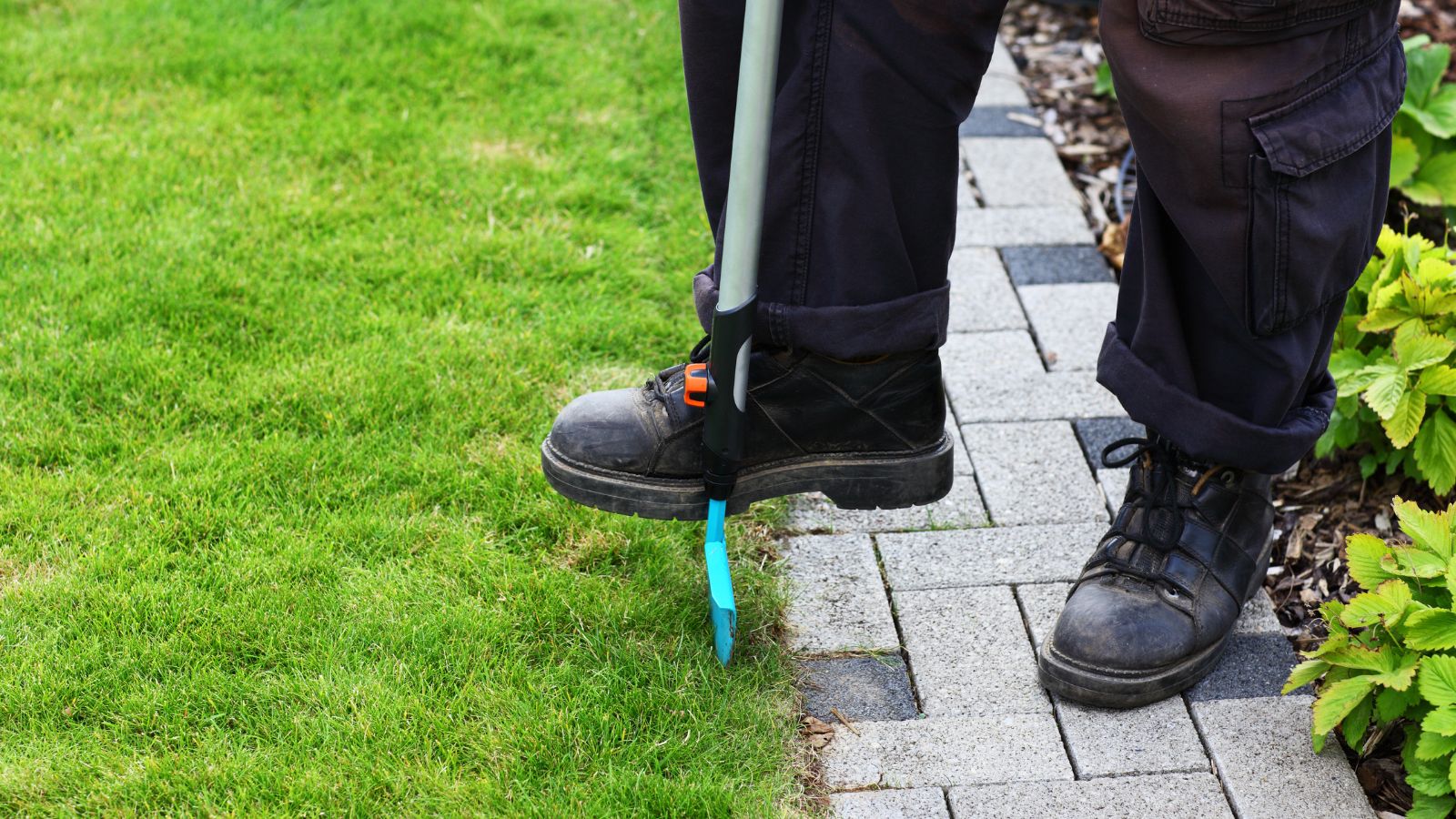
Overgrown edges can also encroach on walkways and flower beds, causing your yard to look unkempt, reducing curb appeal, and making maintenance harder. Trim and edge your lawn to maintain neat boundaries and a polished look for your yard, enhancing its overall aesthetic.
Using the Wrong Fertilizer
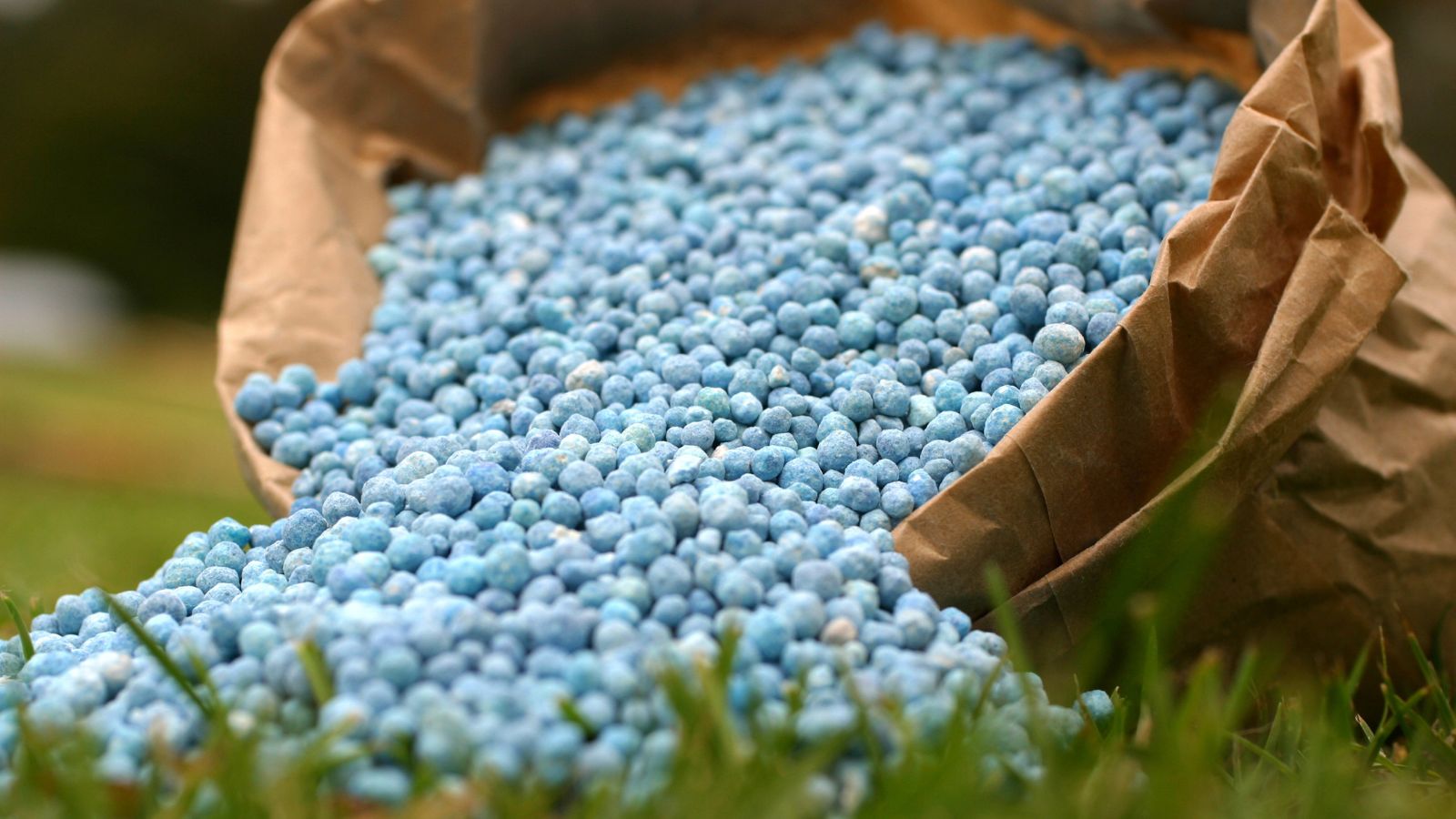
Different grass types have specific nutrient requirements, and this is why it’s essential to choose the right fertilizer. Applying the wrong type of fertilizer can harm your lawn and lead to nutrient imbalances, resulting in weak and patchy growth. Match your fertilizer to your grass type and soil conditions for the best results.
Up Next: 20 Personal Things You Should Never Share With Others

Building meaningful connections with others requires a certain level of transparency and trust, but that doesn’t mean you have to tell your friends and family members everything! Some aspects of our lives are too personal, incriminating, or risky to share. This article explores 20 aspects of your personal life that you should always keep confidential.
20 Personal Things You Should Never Share With Others
18 Things Everyone Forgets to Include in Their Will—But Shouldn’t

Wills and estate plans are essential ways to ensure what will happen to your belongings and property when you die or are incapacitated. However, people often forget to include important information in their wills before it’s too late, complicating matters for their descendants. Here are the 18 common things people forget to include in their will.
18 Things Everyone Forgets to Include in Their Will—But Shouldn’t
18 Items at Walmart that Aren’t Worth Your Hard-Earned Money

For many of us, Walmart is the go-to superstore. Whether we need groceries, clothing, or technology, Walmart is a one-stop shop for everything you would need. However, there are some Walmart products you should avoid at all costs, such as the following 18 examples.
18 ITEMS AT WALMART THAT AREN’T WORTH YOUR HARD-EARNED MONEY
